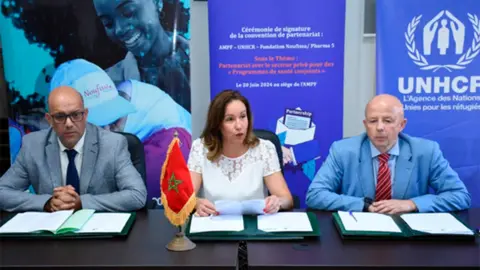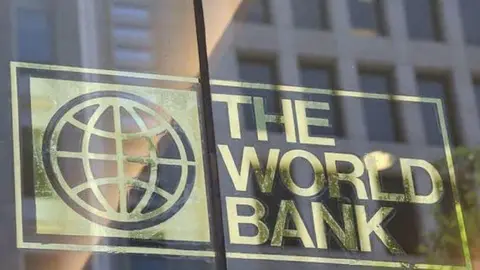UNICEF and ILO welcome Morocco's strategy for mainstreaming social protection

- UNICEF praises Morocco's efforts to mainstream social protection
- ILO: Morocco a benchmark country for social protection in the region
The International Social Security Association (ISSA) and the International Labour Organisation (ILO) organised a webinar on Thursday in collaboration with CNSS Morocco and UNICEF to discuss the different dimensions of the multifaceted integration of social protection in Morocco.
Shea McClanahan, Senior Social Security and Social Policies Officer (ISSA) underlined the importance of Morocco's ambitious Framework Law 09.21 of 2021 in mainstreaming the social protection system through the expansion of beneficiary categories.
‘The Moroccan model for the extension of comprehensive social security to the self-employed also represents one of the major recent and ongoing reforms of the insurance system in the Kingdom,’ McClanahan emphasized, urging continued improvement of the system in order to adequately cover every social class of the Moroccan population.
UNICEF praises Morocco's efforts to mainstream social protection
Remy Pigois, Head of Social Policy at UNICEF Maghreb, hails the Kingdom of Morocco's policy to generalize social protection followed by a government strategy for the implementation of the 2021 law.
Pigois recalled how the CNSS is working on its strategies on the extension of the beneficiary categories of basic medical coverage and direct social aid for families in need; especially the aid aimed at families with children which has covered more than 5 million children aged between 6 and 21 years (15% of Moroccan children).
Comparing the current situation with the situation in the past, the UNICEF representative stated that the new system has reached 70% of Moroccan children in the basic medical coverage with their families enrolled in the CNSS.
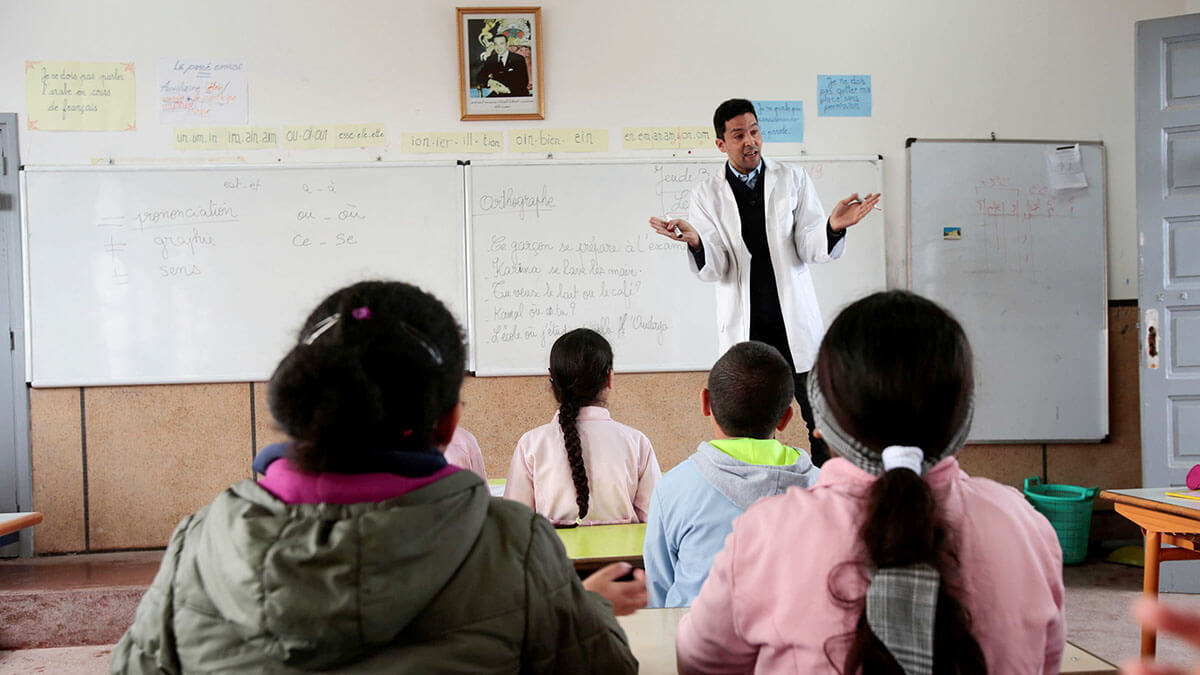
These reforms are carried out through various facilities that are improving services through digitalisation, new access mechanisms and innovation. The new law brought several benefits to pregnant women by giving them an allowance for the newborn; in the framework of an insurance and social support programme that represents, according to Remy Pigois, a significant leap on the road to sustainable development of Moroccan society.
‘It is also a breakthrough in the integration of social protection; fruit of the very important achievements that Morocco has made since the introduction of the new sustainable reforms to meet the challenges of compensation for loss of employment, encouraging adherents to continue their contributions, and the fight against poverty which is not only a lack of access to financial resources but is multidimensional,’ added Pigois.
‘We believe that Morocco is the best example for the rest of the countries in the Arab region with 5 million children benefiting from social protection; as well as a country that is getting closer and closer to the universalisation of social protection for all Moroccan children; which will be a great unprecedented success,’ he concluded.
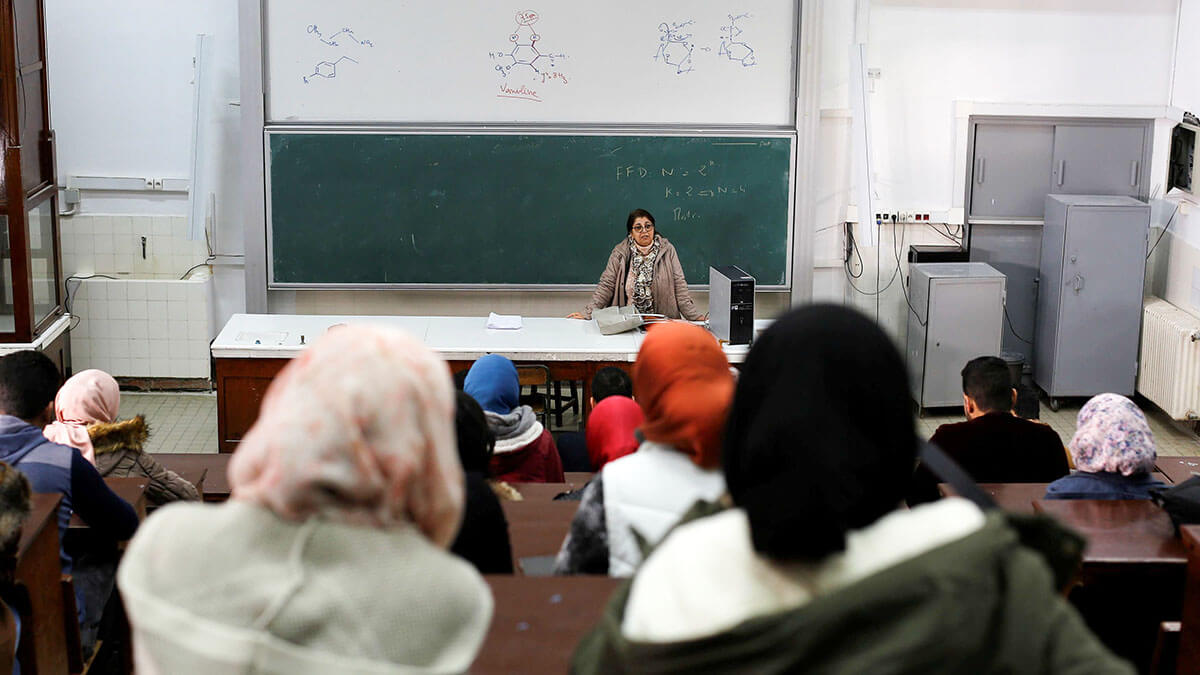
The CNSS mission: achievements and objectives
Badra Oudghiri, Head of the Research, Communication and Development Department at the Moroccan National Social Security Fund, explained that it is a public institution that works under the aegis of the Ministry of Economy and Finance and enjoys financial independence.
Since its entry into force in 1961, the CNSS has been responsible for the management of social security coverage for employees in the private sector. In 2020, it added the mission of social and health insurance for unpaid employees, while in 2022 it began work on extending compulsory health insurance (AMO) to people unable to pay for membership (3.8 million beneficiaries of the old RAMED system).
In January 2024, the CNSS began the management of basic medical coverage and direct social assistance system accumulating, according to Badra Oudghiri, outstanding achievements of this institution such as:
- The improvement of customer relations through the creation of 167 agencies and 20,000 contact points, as well as reducing the duration of receiving compensation by 10 days.
- The digitalisation of databases through various electronic platforms and applications.
- The fight against fraud by redesigning social control missions.
- The management of the financial balance of the systems by combating the falsification of expenses, the control of AMO expenses and actuarial management.
- The extension of compulsory basic health insurance in an integrated framework with a population covered by basic medical coverage of 25,229,952 people.
- The extension of family allowances and related benefits to households not yet receiving them (2023-2024).

Of the objectives that the CNSS seeks to realise in the coming year, Oudghiri underlined:
- The extension of access to pensions for workers in the informal economy and the self-employed who were not receiving them through the contributory system.
- The extension of unemployment benefits by simplifying eligibility criteria and generalising compensation for job loss (2025).
- Broadening the base of beneficiaries of the retirement system.
For her part, Bochra Essafi, Head of the Quality of Service department targeting insured members at the CNSS, placed particular emphasis on improving the new political and administrative measures taken by the institution in order to increase the quality of its services, the attractiveness of the system and the ease of access.
Bouchra explained how the optional retirement system is based on payments determined according to the standard of living and the amount of contribution with a possible early retirement at the age of 60 or a deferral until the age of 75.
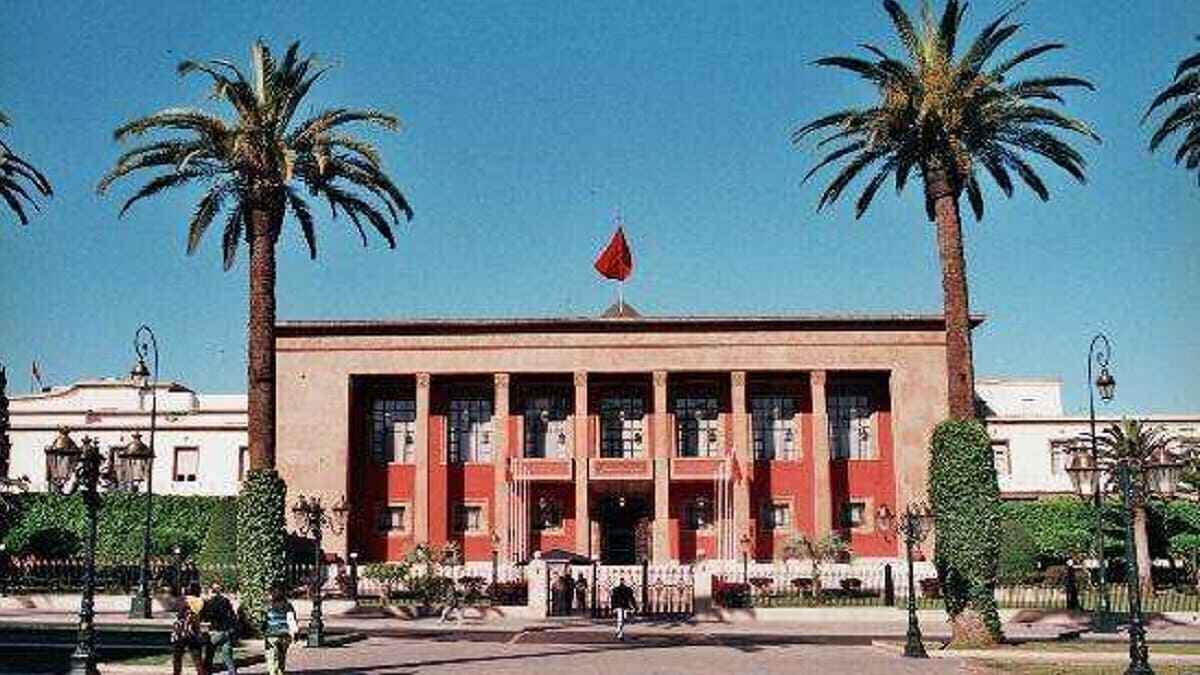
ILO: Morocco a benchmark country for social protection in the region
Luca Pellerano, Senior Regional Social Security Specialist at the ILO, welcomes the recent reforms resulting from the social dialogue and the efforts of the Moroccan authorities with the participation of the different actors of the civil society to achieve social justice.
‘Morocco is one of the countries that have completed the main stages of this social development to become a source of inspiration for other countries in terms of sustainable social protection’, insisted Pellerano, clarifying that ’these reforms aim to preserve the rights of citizens to social protection... and to fight against multidimensional inequality. And fight against multidimensional inequality in Moroccan society, which is common in the MENA region.

